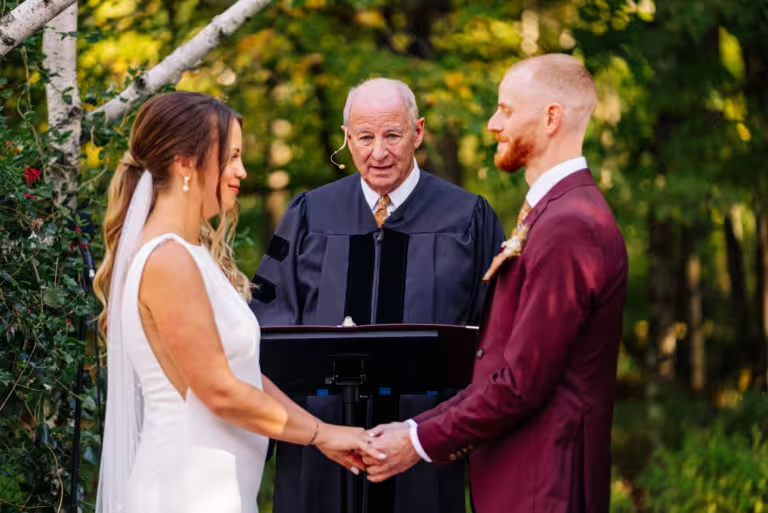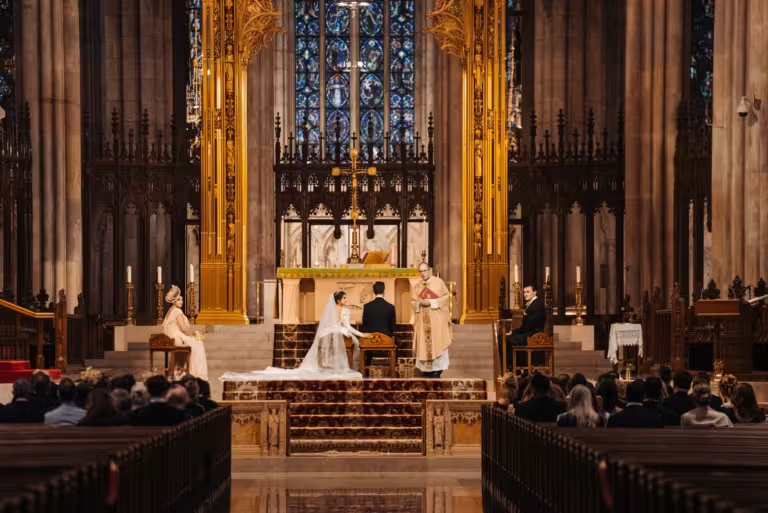
Photo - Video Wedding Contracts Guide
What Brides Should Pay Attention To Before Signing One

By Luka Funduk
Congratulations on your upcoming wedding! As you prepare for the big day, one of the most important decisions you will make is choosing a photographer and videographer to capture the special moments. Explore our photo/video wedding contracts guide, designed to empower you with essential insights. Learn what to prioritize before signing, ensuring your special day is captured seamlessly. But before you sign any contracts, it’s essential to fully understand what you’re agreeing to.
In the world of weddings, everything happens in writing, and photo/video contracts are no exception. These agreements outline details such as coverage time, payment terms, cancellation policies, photo delivery timelines, and usage rights. They serve as a legal document to protect both parties in case of any disputes or issues that may arise.
To help guide you through this process, we’ve put together a comprehensive guide to wedding photo/video contracts and what you should pay attention to before signing one.
Keep in mind that each photographer and videographer may have their own unique contract, so it’s crucial to read and understand the specific details of each one before making a decision.
Coverage Time:
One of the most critical aspects of a photo/video contract is coverage time. This is the amount of time that your photographer/videographer will be present at your wedding, capturing all the special moments. It’s essential to clarify how many hours are included in your package and if there are any additional fees for extra time.
Payment Terms:
Payment terms should also be clearly outlined in the contract. Be sure to understand when payments are due and what forms of payment are accepted.
Some photographers/videographers may require a deposit upfront to secure their services, while others may require full payment on the day of the event.
Cancellation Policy:
It’s important to know what happens if you need to cancel your wedding or change the date. Make sure this is addressed in the contract and that there are no hidden fees or penalties for doing so.
Image/Video Rights:
As a client, it’s important to understand who has ownership of the images and videos taken at your wedding. Will you have full rights to print and share them as you please, or will there be limitations? It’s crucial to clarify this with your photographer/videographer beforehand.
Backup Plan:
In case of any unexpected circumstances such as equipment failure or illness, it’s vital to have a backup plan in place. Ensure that your contract includes details on how these situations will be handled and what backup options are available.
Payment Schedule:
Make sure you’re clear on when payments are due and in what form they should be made. Also, find out if there are any additional fees for late payments or if there is a grace period.
Vendor Meal Arrangements:
Don’t forget about your vendors! Most contracts include a clause that states the couple must provide meals for their vendors during the event. Be sure to discuss this with your caterer and clarify the number of meals needed and any dietary restrictions.
Force Majeure Clause:
In case of a natural disaster or unforeseen circumstances, a force majeure clause protects both parties from fulfilling contractual obligations. Make sure to review this clause carefully and understand its implications.
If necessary, consult with a lawyer to ensure it is fair for both parties.
Event Insurance:
While it may not be the most exciting part of wedding planning, event insurance is important to consider. It can protect you from any unexpected cancellations, damages, or liabilities that may occur during your special day. Be sure to research different insurance options and choose one that provides adequate coverage for your specific needs.
Vendor Contracts:
Reviewing and signing vendor contracts is a crucial step in the planning process. Make sure to carefully read through each contract and understand all terms and conditions before signing.
Don’t hesitate to ask questions or negotiate if needed. Keep copies of all contracts in a safe place for future reference.
Crafting a comprehensive wedding photography and videography contract is crucial for a successful and stress-free collaboration. It not only protects your business but also ensures that clients understand the terms and conditions of your services. Always consider seeking legal advice to ensure your contract complies with local laws and regulations. With a well-structured contract in place, you can focus on capturing beautiful moments and creating lasting memories for your clients.







